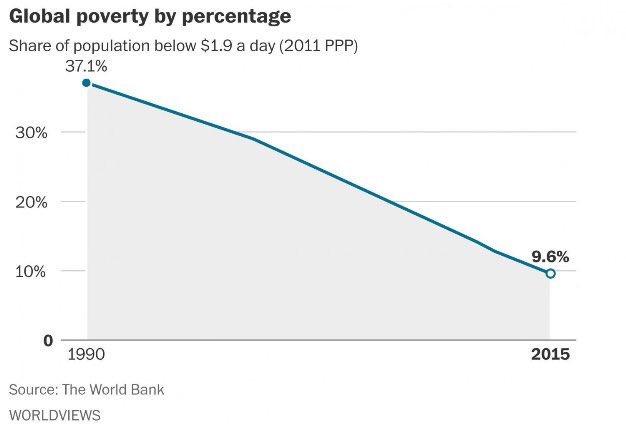
Please God let me make money today






Historically, there is a strong price period for gold (shaded in yellow in chart below) from late August until late September or early October as demand increases as jewelers again stock up ahead of a the seasonal wedding event in India and also, as investors return from summer vacations. Entering long positions on or about August 26 and holding until October 1 has worked 23 times in the last 41 years for a success rate of 56.1%. In the 19 years since 1996, this trade has been profitable 13 times with a cumulative potential profit of $17,550 per single futures contract.
Sizable losses were suffered in 2011, 2013 and 2014; however this trade’s best performance ever was in 2012. In recent years, gold’s seasonal strength has begun earlier; in late July or early August and finished sooner; sometime in September to early October. Last year’s trade would have been profitable with an earlier entry and/or earlier exit.

Lehman Holdings will be filing a lawsuit against one or more major banks in regards to the valuation of derivatives. This will occur today or Monday. It is the first such lawsuit (valuation dispute) of its kind by Lehman. Some of the counterparts to Lehman’s existing trades weren’t willing to play nice, so the “estate” felt it necessary to rack up another few thousand billable hours and take this battle to court.
Which banks you may ask? The Valukas report indicated the beneficiaries of the alleged fraudulent transfer were as follows: Goldman Sachs, Barclays, Morgan Stanley, JPMorgan, Citadel L.P. and DRW Trading. Surely, another lawsuit for shady business practices against Goldman is all the firm needs right now.
Our Favourite is number 6
Rule #1 : Strive for Success
To be successful the most important rule is to strive for success. This means you must exert effort and put a lot of hard work into your effort. You must have both the short term and long term charts necessary for trading the markets you trade. They must be always up-to-date and you need to watch them on a daily basis so your mind gets use to their price and time movement. You will then learn the secret of trading and see how the entire price movement continually evolves.
Rule #2: No One Owes You Anything
You must succeed on your own. It is all up to you. The markets, stockbrokers, brokerage firms, news letters don’t owe you anything. Gann never took anyone’s newsletter. He did it all himself. The markets are there to provide you a service for buying and selling the markets you are trading. They really don’t care that you make money. The markets are there for the brokerage fees. The more you trade, the more money the brokerage firms and exchanges make. You must be knowledgeable of a reliable trading method that you can use to extract money from these markets. This method must be able to help you understand the price structure of the markets in regards to time and price movement.
Rule #3: Plan You’re Way to Profit
when you enter a trade you should have a figured a game plan for both the entry and exit of the trade. The plan should be definite and not subject to changes to your psychology during market hours. Gann knew exactly what he was doing all the time. You should have a stop in the market at all times, because you never know when a time cycle might turn against you. You should also have a profit objective in the market. So many traders today lose because they are using computer oscillators to trade with and they never know where they are going. They usually end up on trading with rumors and tips and use hope and fear to try to make a success of the markets. (more…)
1. Lack of direction. Traders often fail to establish clear goals and create plans to achieve those goals. When traders fail to develop complete business and trading plans before entering the market they are setting themselves up for failure.
2. Impatience. This occurs when traders try to accomplish too much too soon, or expect to get results far faster than is truly possible. This creates a situation where they are likely to become frustrated and deviate from their plan.
3. Greed. When traders try too hard to make a lot of money in a short period of time, failure isn’t far behind.
4. Taking action without thinking it through first. All trade entries, modifications and exits should be carefully planned out in advance. Randomly entering, modifying and exiting positions based on moment by moment emotional thoughts creates large losses.
5. Indecisiveness. A trader who is unable to make key decisions in the face of difficulty is dangerous to himself. Any major decisions should have been planned for in their trade plan. In the event they planned poorly and don’t know what to do, their decisive decision should be to exit.
6. Diffusion of effort. A traders who tries to trade too many things will miss opportunities and market cues that are obvious to a trader who is focused on a limited number of tasks.